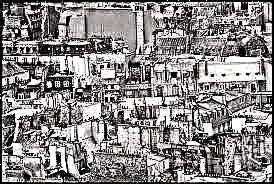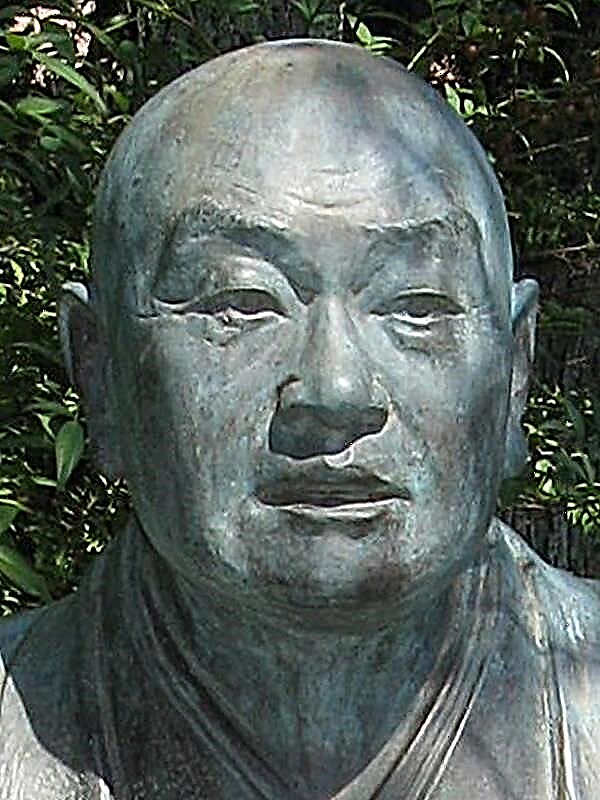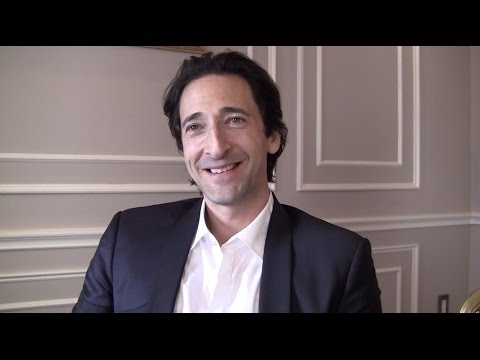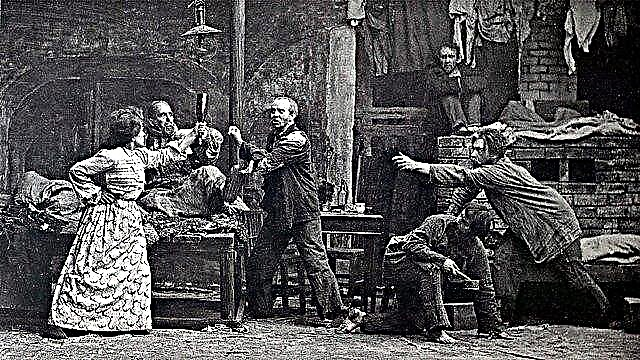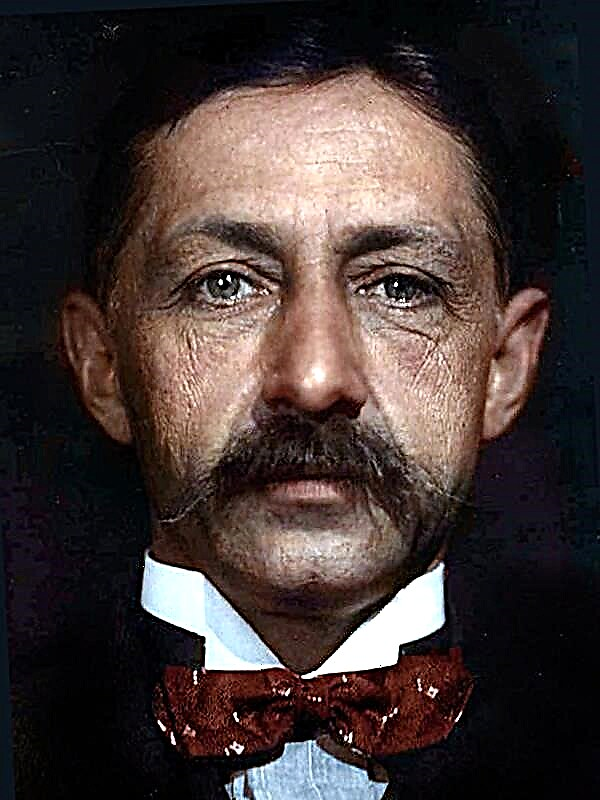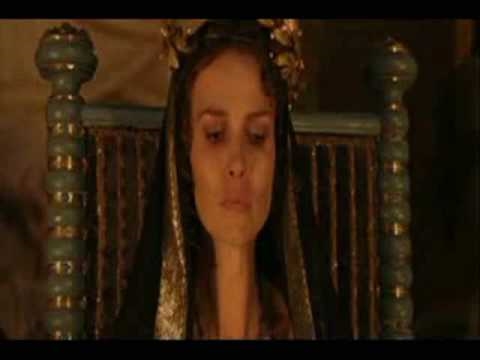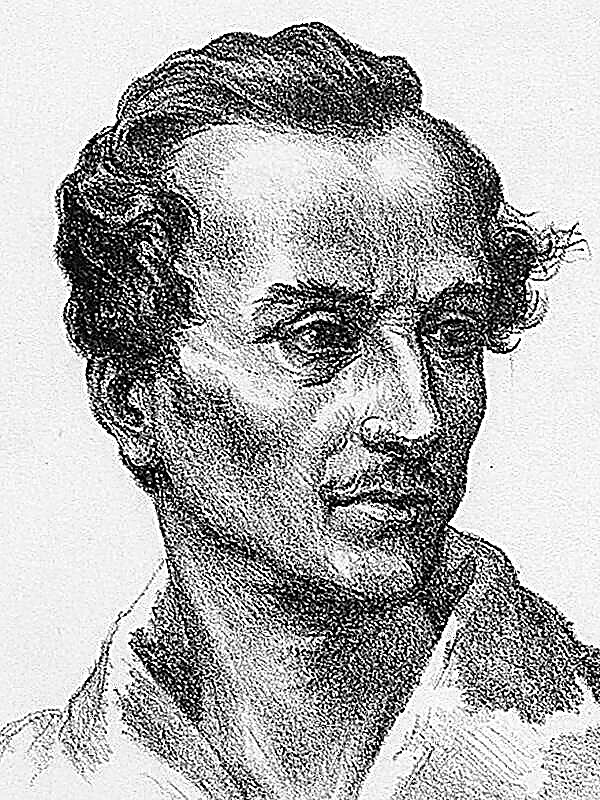The Literaguru team took up the examination of Yesenin's poetry. One of his most famous poems - "I do not regret, do not call, do not cry." Now many musicians sing it to music, make original songs and even music videos. Why is the poem, which will soon be one hundred years old, still so popular?
History of creation
The poem by Sergei Alexandrovich Yesenin “I do not regret, do not call, do not cry” was written in 1921, when the author was 26 years old. It refers to the late period of the poet's work and is an example of philosophical lyrics. It was first published in the magazine "Red Cornfield" in 1922.
It was the lyrical introduction to the sixth chapter of “Dead Souls” by Nikolai Vasilyevich Gogol that inspired the author to create this work.
Genre, direction, size
The genre of this work is elegy. This is a lyrical poem in which the author shares his deeply personal and saddened experiences. The author reflects on the past life and that the past cannot be returned. Although the lyrical hero claims that “he does not regret, does not call, does not cry,” a sad mood prevails in the monologue.
The size of the work is chorea (a two-syllable foot with emphasis on the first syllable and subsequent odd syllables).
Images, symbols, composition
The poem is filled with the longing of the young poet for his passing youth. He understands that he is captured by the transience of life, and can not do anything about it. By structure, the work is a small monologue of the author with his reader. As with his best friend, he shares his sincere feelings about life and youth.
In this poem, as in all of Esenin’s lyrics, figurative and symbolic turns of speech prevail. The images of spring are associated with the poet’s youth, but autumn comes with time, and takes away youthful years and memories, once green leaves turn yellow and fall from branches, just as the memories of young years fade. Old age comes, it is inevitable, and the author realizes this, despite his young 27 years.
The presence of images and symbols in this work proves that this is really philosophical reflection. To convey emotionality in the poem, the author uses exclamations, questions and frequent addresses: “The spirit of a vagabond!”, “My life?”. The metaphor "pink horse" symbolizes a romantic and carefree life during his youth. "The country of birch chintz" also symbolizes youth, a country where everything was easy and careless, but to which he could never return.
Themes and Issues
Many poets have raised, are raising and will continue to raise the theme of human life. The hero of our work, i.e. young Yesenin himself, with a heavy heart, realizes that youth has passed, life is no longer the same, and he is no longer so young and arrogant as in the old days. Youthful fun is now alien to him; he no longer wants to "hang around barefoot." His soul is no longer hot, his gaze is not arrogant, even his heart is now beating differently.
Sergei Alexandrovich Yesenin in this work reflects on the transience of life and the suddenness of death. The poet bitterly understands that in this world there is nothing eternal, and the life of each of us sooner or later comes to an end. Old age is inevitable, and youth is so short and elusive that you should enjoy and appreciate every second of carefree fun.
Meaning
The main idea of this work is the suddenness of any life. The author wants to show that we are all mortal, that youth always leaves quickly and quietly, but do not regret it, we just have to put up with it. “I do not regret, I do not call, I do not cry” - these lines were written three years before the poet’s death. Perhaps he already foresaw the approaching imminent death.
Also, the idea of the whole poem can be expressed with the line: “We are all, we are all perishable in this world”, because sooner or later we will have to come to terms with the departure of youth and the best years of our lives. But at the same time, in this poem there are no regrets about the years lived, on the contrary, there is only the bliss of accepting the transience of life: "May you be blessed forever, What came to flow and die."
Means of artistic expression
A large number of means of artistic expression is contained in this poem. To convey all the imagery and reality of his thoughts, the author uses unusual metaphors: “country of birch chintz”, “white apple-tree smoke”, “booming wound”, “hanging around barefoot”.
In general, the poem is characterized by peace, monotony and leisurely. The author compares his passing youth with horse racing “on a pink horse”, and human life with maple leaves: at first, they are fresh and green, like our youth, but time passes, and sooner or later, the leaves will dry and fall to the ground, like and the life of any of us will ever end. The sad mood of the work is complemented by all kinds of epithets: “perishable”, “vagrant”, “lost”, and “white apple trees”, barefoot walks and a feeling of first love fall into our sweetest youthful memories.
In conclusion, Sergey Alexandrovich emphasizes that any life ends sooner or later (“we are all perishable in this world”) and this is an inevitable process of the whole living world. The last phrase of the poem, "process and die," indicates that the author is grateful to fate for his life and youth, and perhaps already anticipates his imminent death.


